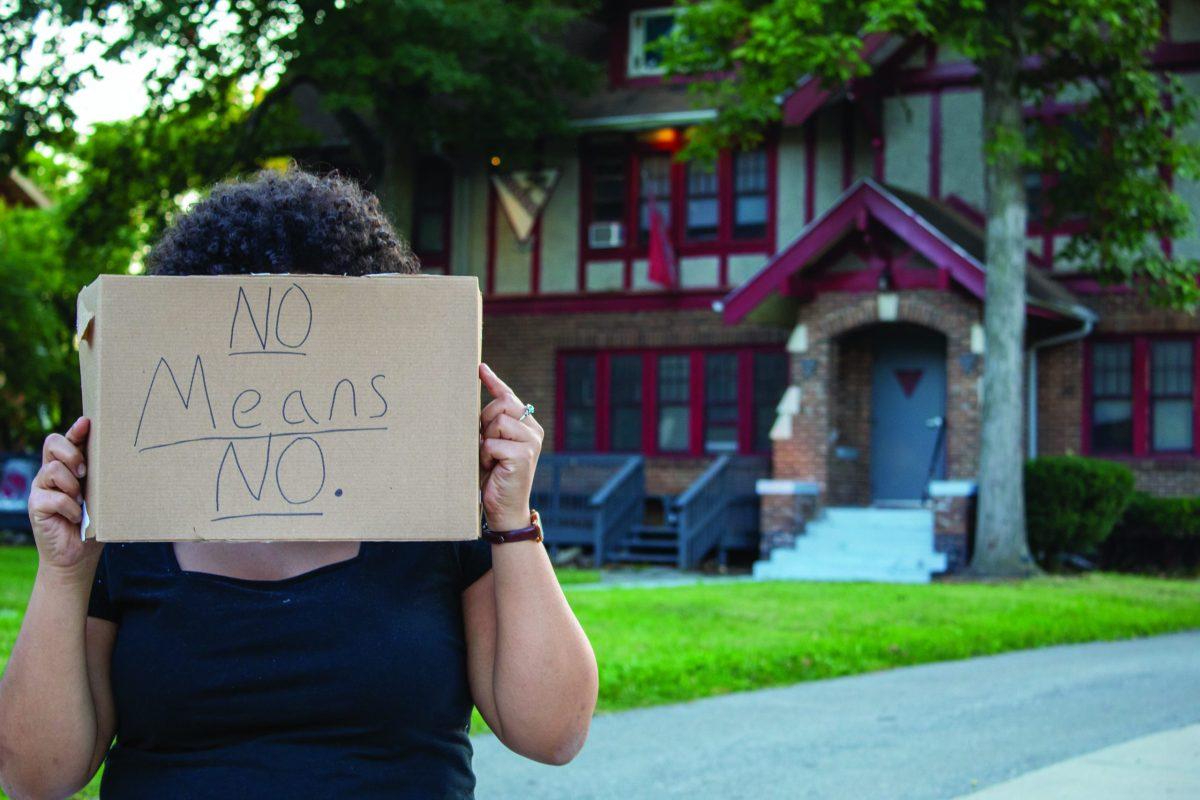Photo courtesy of Melisa Klimaszewski
In the fall of 2011, Melisa Klimaszewski, assistant professor of English at Drake University, unveiled her plan for a summer seminar to South Africa. The seminar was titled “Seeing South Africa: Storytelling and Race Relations.” Its primary focus was the way the people of South Africa tell their unique history.
“I teach South African literature every other fall, so the trip grew out of that course and my desire for students to directly see and experience what they read about,” Klimaszewski said. “What I wanted most for students to learn during this trip was a greater understanding of how oppressive, racist histories continue to affect present day living circumstances for so many people.”
The summer seminar was worth six credit hours and the students were given a choice between two sets of classes. These classes were AOIs and counted as written communication and multicultural requirements. The trip lasted 25 days, 21 of which the students travelled. These days were spent in Johannesburg, Durban, Capetown and Pietermaritzburg and in more rural, natural areas of South Africa.
“Twelve students went with a mix of majors including English, pharmacy, a theater arts major and some with doubles between the humanities,” Klimaszewski said. “They really learned well together and had good conversation across disciplines.”
Zach Wright, a pre-pharmacy student at Drake was one of the students on the trip. He said he was glad to have this opportunity to study abroad, especially since the course fulfilled two AOIs he still needed to complete. A summer seminar abroad in South Africa focused on English and storytelling might not seem like the best use of time for a pre-pharmacy student, but Wright said he took pleany away from the experience.
“This trip taught me to think critically about how a story is told,” Wright said. “When we went to a museum or had a guided tour, one of the things that we would discuss as a class was how the information was presented. What was shared or withheld? Was the presenter or the presentation focused on a specific side to a story? I can apply these questions to other aspects of my life. I learned analyze information and claims more critically than when I began as a student at Drake.”
Story telling and questioning the reliability of sources wasn’t the only thing Wright learned seeing South Africa. He also enjoyed experiencing a place he had never been before.
“My favorite part was being on safari and seeing so many unique animals in their natural habitats. It was so peaceful being out in the bush among these amazing creatures,” Wright said. “The most shocking part of the trip was the contrast between the rich and poor of the country. When we were driving from Cape Town into a township, I noticed an immediate difference crossing under a highway bridge. On one side were stores and big houses, and on the other side there were metal shacks packed together. I never imagined this kind of shift in housing and wealth to be separated by only a few feet.”
Visiting the bush was a new aspect of the trip. The students spent two and a half days out in the bush in an ecolodge.
“That part of the trip was really spectacular when it came to the natural world, but it also opened up an area of inquiry that was exciting for me to see and experience firsthand,” Klimaszewski said. “My hope is that regardless of major or discipline all the students are less insolated from people in Southern Africa. That expanded sense of the world really seems to have impacted their understanding of their place in it. I also believe they are less likely now to take their privilege for granted.”
This was the second time the trip to South Africa was offered. Multiple areas within the university have responded positively.
“The trip went so well I decided not to wait another year to do the next one,” Klimaszewski said. “The next South African trip will be in May of 2013.”






